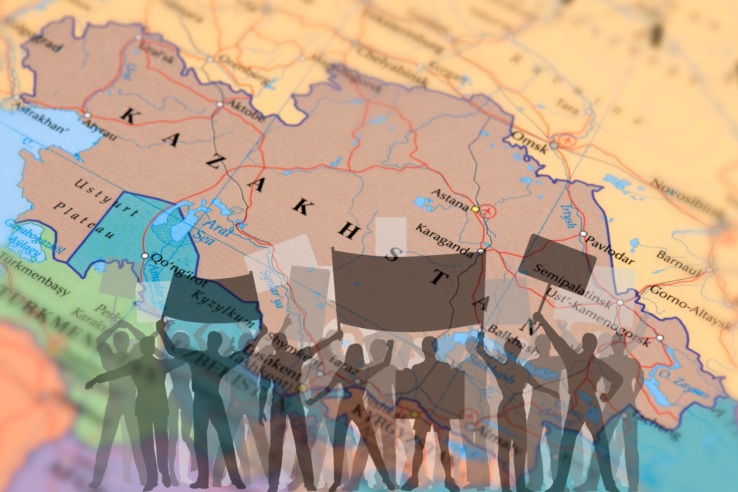Can crisis preparedness prevent corruption in emergency responses?
Much attention was devoted to the corruption that dominated emergency responses during the Covid-19 pandemic. My team and I undertook research for Global Integrity’s Anti-Corruption Evidence Program on the different…








































































